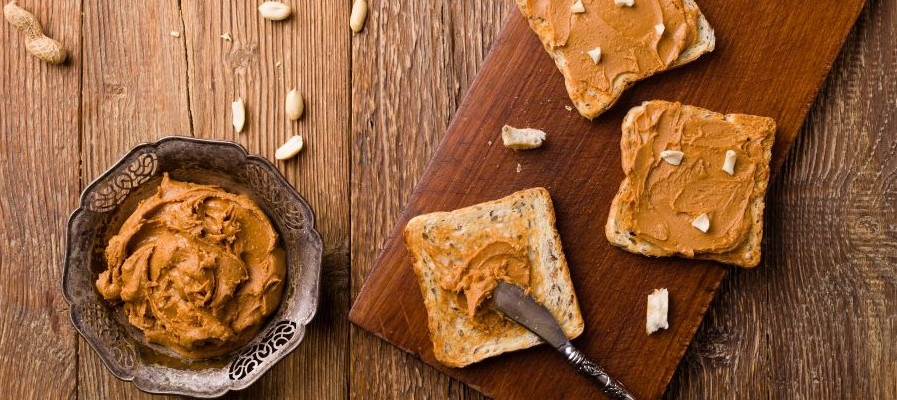
What to Eat for a Good Night’s Sleep
The food and drink choices we make can affect our sleep in big ways. Avoiding caffeine and heavy meals at night are a good first step but there are foods and drinks that can actually help you fall asleep faster and deeper.
Most of this revolves around helping your body produce and suppress two key hormones that effect our energy levels, serotonin and melatonin. Seratonin is a hormone we produce that has a multitude of functions, impacting everything from our mood to our bowel movements and very importantly, it stimulates our brain’s center for controlling sleep and waking. Melatonin is another important sleep related hormone. Our bodies produce or suppress melatonin based on the time of day.
As with all things, moderation is key – having too much serotonin or melatonin can trigger other health issues but too little can make it difficult to get enough, quality sleep.

Here are some of the best foods to help you sleep:
- Turkey contains tryptophan – an amino acid only found in food and drink. Tryptophan helps your body make serotonin which in turn helps your body make melatonin. Chicken also contains tryptophan.
- Whole grains help in a few different ways. These complex carbohydrates increases serotonin and reduces cortisol, a stress hormone that inhibits sleep. It is also a good source of magnesium, a natural relaxant that can help you stay asleep.
- Fish, especially salmon, tuna and halibut, are high in vitamin B6. B6 helps the body convert tryptophan into serotonin. Other foods high in vitamin B6 include bananas, nuts, cottage cheese, eggs and chickpeas.
- Yogurt – or anything dairy – contains calcium, which helps your body process tryptophan and melatonin. Leafy green, such as spinach and kale, are also calcium-rich foods to try.
- Honey lowers orexin levels, a neurotransmitter in the brain that makes you more alert. Try adding a spoonful of honey to your favorite non-caffeinated tea to winddown before bedtime. Chamomile, mint, and ginger are some popular choices.
- Warm milk can be a good choice if you’re not so keen on teas. Its calcium content will boost tryptophan and melatonin levels. Moreover, the nostalgia associated with warm milk at bedtime as a child could make a warm cup of milk part of the perfect bedtime routine.
- Tart cherries contain a high level of melatonin, as do some other fruits, such as bananas, pineapple, kiwis and oranges. Antioxidant rich fruits and vegetables like berries, plums, red cabbage, artichokes and beets, can have similar effects by combating oxidative stress on your body, thereby helping you both fall asleep and stay asleep.

Whether you want to focus on your dinnertime choices or indulge in a sleep-healthy bedtime snack, try some of these foods and drinks to see how your sleep benefits. Remember, having a consistent and relaxing bedtime routine is important also.
